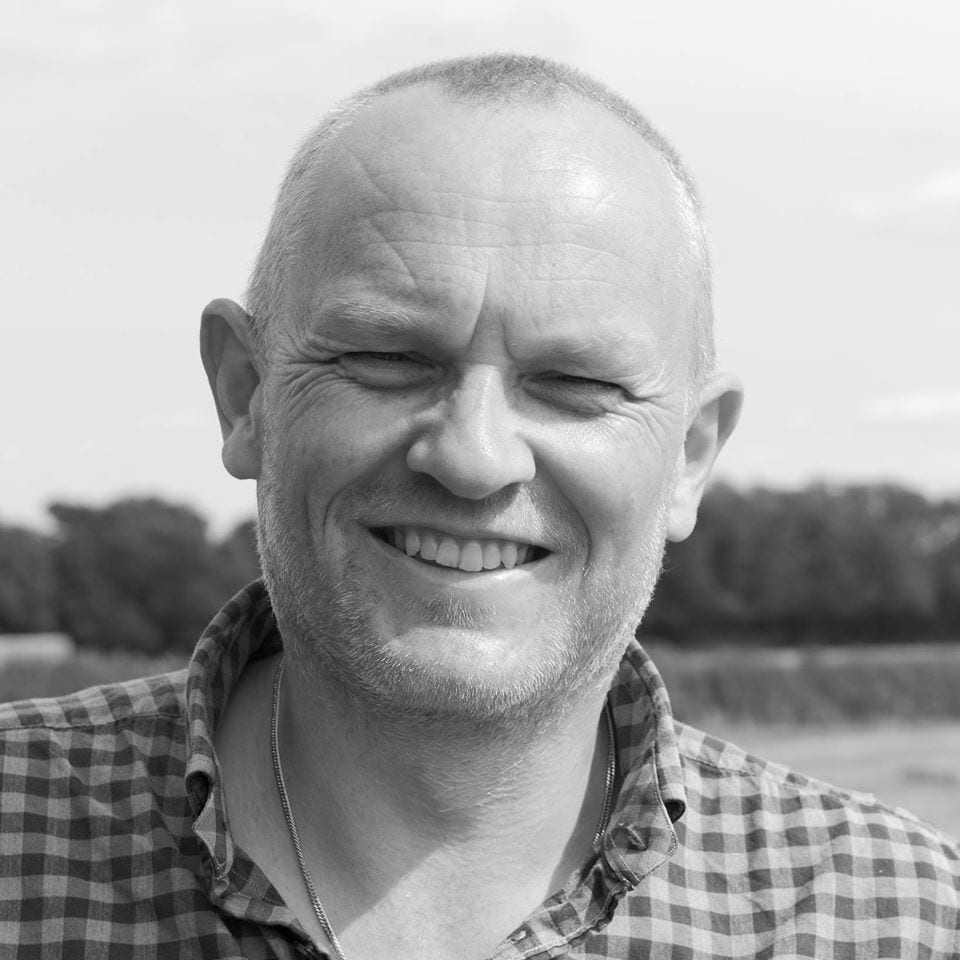I believe the soil is a farm’s bank account and its most valuable asset, yet too often it’s treated with little respect. My company is now working to improve sustainability in Tanzania’s agricultural practice, building good practice by working with agricultural students.
Around 65-70 per cent of Tanzanians depend on agriculture for their livelihoods and the country has more than 44 million hectares of arable land, but only one quarter of this is put to effective production.
In addition, continued poor access to, and use of, good quality seed and fertilisers, and very limited access to finance, continues to blight the country’s agricultural sector.
We are trying to address some of these problems in a small way using our own contacts, agronomy skills and technical partners.
Sustainability is the key
A key driving force behind the advice we provide is “sustainability”. Much of the country’s agricultural activity is short term, with very little notice taken of basics such as soil analysis. For this reason, organic matter is sadly lacking in many of the soils, and its benefits often totally overlooked.
One project we are involved with is based at an agricultural college which has a significant area of under-used land very close to the campus.
As the college had readily available land, high quality bore-hole water, a number of unused sheds and plenty of highly capable students willing to learn and gain valuable experience, we wanted to use every aspect available to us, in as sustainable a way as possible.
In this scenario we are trying to utilise all aspects of the staff and students’ inherent skills to introduce a closed loop conservation system which should be entirely sustainable.
Unused land without cover (very light soils) is currently being established with Brachiaria grasses to stabilise and add structure/organic matter to the soil. Eventually this will be cut and used for livestock feed. In other areas of the farm we are using a legume cover crop, and all plant materials will be lightly incorporated, again to begin organic matter replenishment.
In addition to this, the site’s location has easy access to valuable markets in Dar es Salaam and Zanzibar.
We have embarked on several closely linked projects.
High welfare is critical
Ideally we need access to manure and with this in mind a free-range chicken system is being established, using the current buildings with small modifications to ensure a “high welfare system” is used. Premium, traceable chicken is highly desirable and in return we will have access to manures, which could also be used on a horticultural project currently being installed.
Bore-hole water is being trickle irrigated (using solar pumps) onto a range of crops including tomatoes, sweet melons and eggplants, in the future we intend to install a rainfall catchment system to utilise this valuable and precious commodity.
Soil moisture probes will also be used to ensure every drop is used to its maximum potential and ensure crops are not over watered to keep disease potential to a minimum.
We need access to “quality” growing mediums for the seeds, there is a great local source of rice husks, and carbonisers are being built which the students will operate and use as alternative income source, allowing us to guarantee the quality of the product.
Any waste will be used as another source of organic matter.
Out-grower schemes
The students will train on the growing of these valuable horticultural crops, as will other local farmers in collaboration with an international seed supplier/trainer to ensure the latest methods are used – plants will then be made available to these local farmers using plants grown on the nursery, which has also now been established as an out-grower scheme.
As a company we have a wide range of other sites available that are perfect for smaller scale horticultural projects, which are much easier to manage. We then plan to offer positions to the qualified (and experienced) students moving forward.
If you have any questions about CHAP’s Data Diagnostics capabilities or just want to reach out to the CHAP team, please email us at enquiries@chap-solutions.co.uk
Please note, the opinions expressed in this article are the author’s own and do not necessarily reflect the views or opinions of CHAP.












